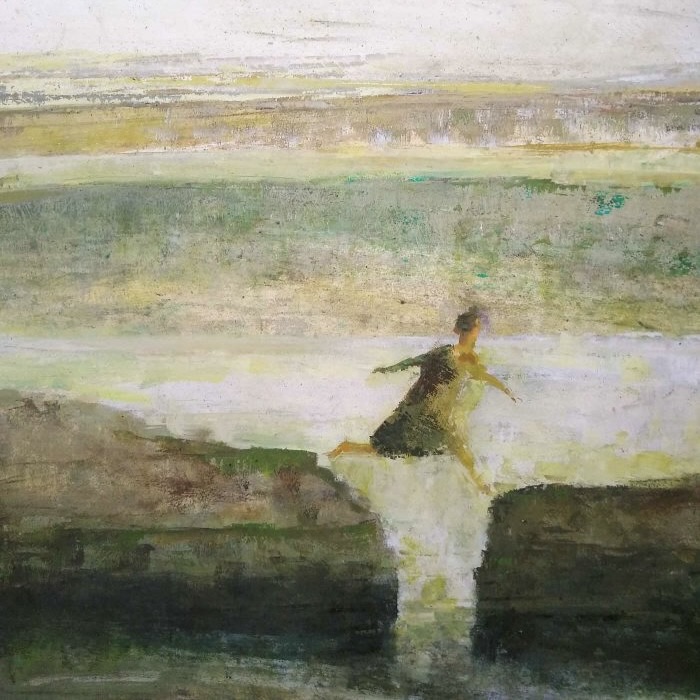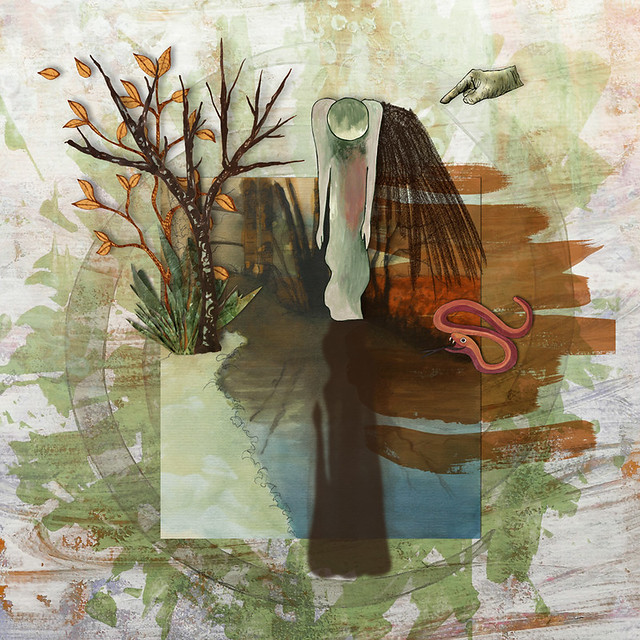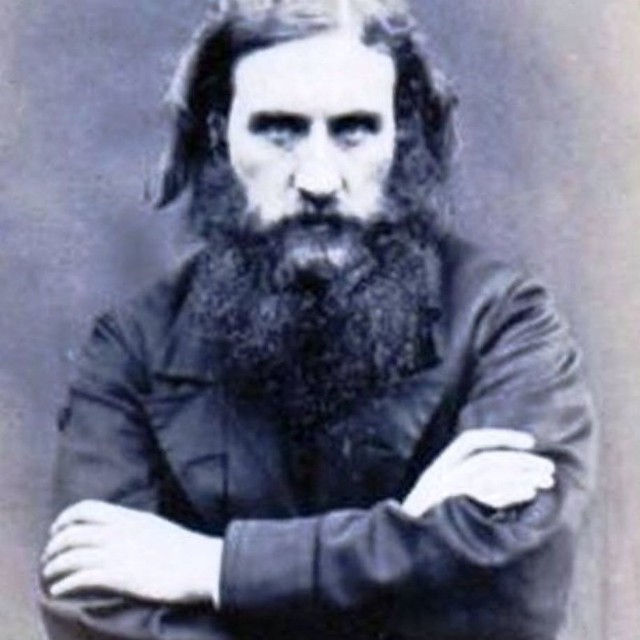LEAP!

LEAP!
In Unfading Light, the highly creative and influential Orthodox theologian Sergius Bulgakov, after a prolonged period as a Marxist atheist, beautifully describes his return to Christian faith as a leap to faith — a description first used by Søren Kierkegaard:
“In my theoretical strivings and doubts a single motif, one secret hope, now sounded in me all the clearer — the question What if? And what began burning in my soul for the first time since the days in the Caucasus became all the more imperious and bright; but the main thing was all the more definite: I did not need a ‘philosophical’ idea of Divinity but a living faith in God, in Christ and the Church. If it is true that there is a God, this means that everything that was given to me in childhood but which I had abandoned is true. Such was the semi-conscious religious syllogism that my soul made: nothing…or everything, everything down to the last little candle, the last little icon. And the work of my soul went on nonstop, invisible to the world and unclear even to me. What happened on a wintery Moscow street, in a crowded square, is memorable — suddenly a miraculous flame of faith began burning in my soul, my heart beat, tears of joy dimmed my eyes. In my soul ‘the will to believe’ ripened, the resolution finally to carry through with the leap to the other shore, so senseless for the wisdom of the world, from Marxism and every ism resulting from it to…Orthodoxy. Oh, yes, of course it is a leap, towards happiness and joy; an abyss lies between both shores. I had to jump.”
Thirteen years before I read Sergius Bulgakov’s account of his leap to faith, I had a similar experience. I had reached the point in midlife where I was either going to yield to spiritual complacency or I had to make some decisive and risky moves to live a life of passionate commitment to Christ. During that time, I wrote a poem I titled “LEAP!” When trying communicate the nature of a spiritual experience, poetry is sometimes a more reliable vehicle than prose.
Read more





